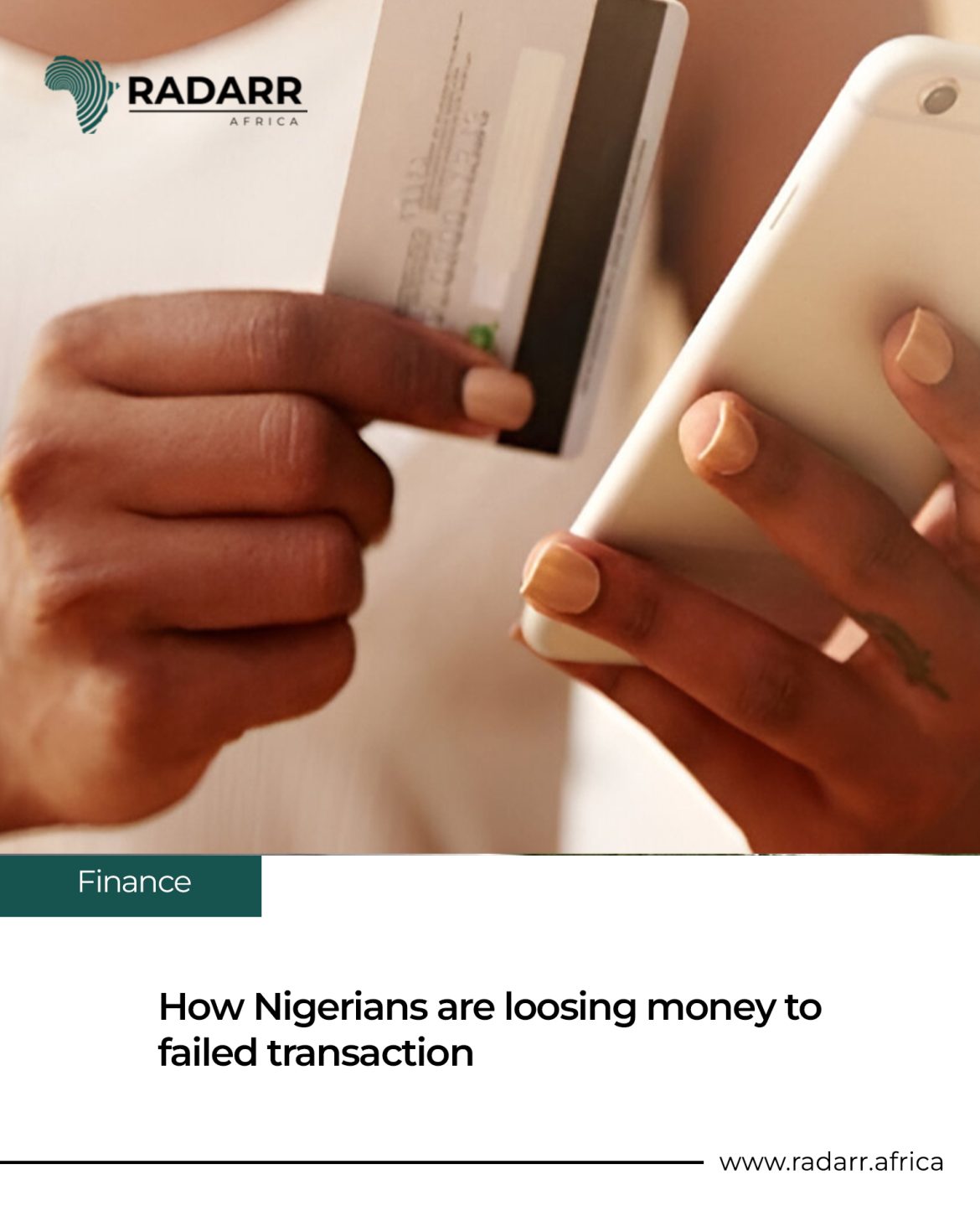In Nigeria today, a growing number of people are quietly losing their hard-earned money to the frustrating phenomenon of failed electronic transactions. While the country’s push for a cashless economy has made digital payments a convenient way of life, it has also opened a new front in the battle for financial security. From market traders to students, many are finding that a transaction that should take seconds can sometimes turn into a lengthy, costly, and often unrewarded fight to reclaim their funds. One of the most painful issues is failed transactions, where money leaves an account but never gets to the receiver.
Every day, Nigerians share stories of how they lose money through these failed transfers. For some, the money is eventually reversed after hours or days. But for others, the funds remain hanging for weeks, and in a few cases, customers never get their money back. This issue is affecting not just individuals but also businesses that depend on fast and reliable payments.
The problem of failed transactions comes in different ways. Sometimes, a customer sends money to another account, the debit reflects immediately, but the receiver gets nothing. In other cases, people pay for services online, only to discover that the payment did not go through, yet their bank account has been charged. There are also reports of double debits where the same transaction is deducted more than once.
Banks usually ask customers to “exercise patience” when such issues occur, promising that the money will be reversed. But in reality, the delay can be frustrating. For someone who needs urgent cash or for a trader waiting to deliver goods, a failed transaction can lead to serious losses. Business owners, especially small traders, are the worst hit. Many say they lose customers because of payment errors they cannot control.
The Central Bank of Nigeria (CBN) has in the past warned banks and financial institutions to improve their electronic payment systems. The CBN has also set guidelines on how long a failed transaction should take before reversal, usually within 24 hours. However, Nigerians continue to complain that banks and fintech platforms do not always meet these timelines.
The rise of mobile money and fintech companies has made digital payments even more common. Platforms like Opay, PalmPay, and others now serve millions of Nigerians, especially in places where traditional banks are not easily accessible. But these platforms are not immune from failed transactions either. Complaints about delays in refunds and poor customer service are widespread.
For many Nigerians, the real cost of failed transactions is not just about money. It is about trust. When customers lose faith in banking systems, they become reluctant to use digital platforms. This means more people will insist on cash payments, slowing down the cashless policy the government is trying to promote.
Experts believe that solving this problem will require more investment in digital infrastructure. Banks and fintech companies must upgrade their systems to handle the growing number of transactions. Regulators must also enforce stricter penalties for institutions that fail to meet refund deadlines. Above all, there is a need for better communication between banks and their customers. When money is stuck, people want quick answers, not endless apologies.
As Nigeria pushes toward a fully cashless economy, failed transactions remain a major stumbling block. Until the problem is fixed, Nigerians will continue to count their losses, and confidence in digital banking will remain shaky. For now, customers are left hoping that their next transfer will not end up in limbo.
What to Do and How to Protect Yourself
While the responsibility for resolving these issues lies primarily with the banks and service providers, there are steps you can take to protect yourself. First, it is crucial to keep a record of every transaction, whether successful or failed. This includes transaction slips, SMS alerts, and screenshots from your mobile banking app. Second, be patient; for most failed transactions, a reversal will happen within 24 hours. If it doesn’t, contact your bank’s customer service immediately, preferably with a written complaint that includes all the transaction details. Be persistent in following up. Finally, it is always a good practice to check the network stability of a beneficiary’s bank on your banking app, if the feature is available, before initiating a transfer. This small step can save you from a lot of unnecessary frustration and a potential loss of funds.
